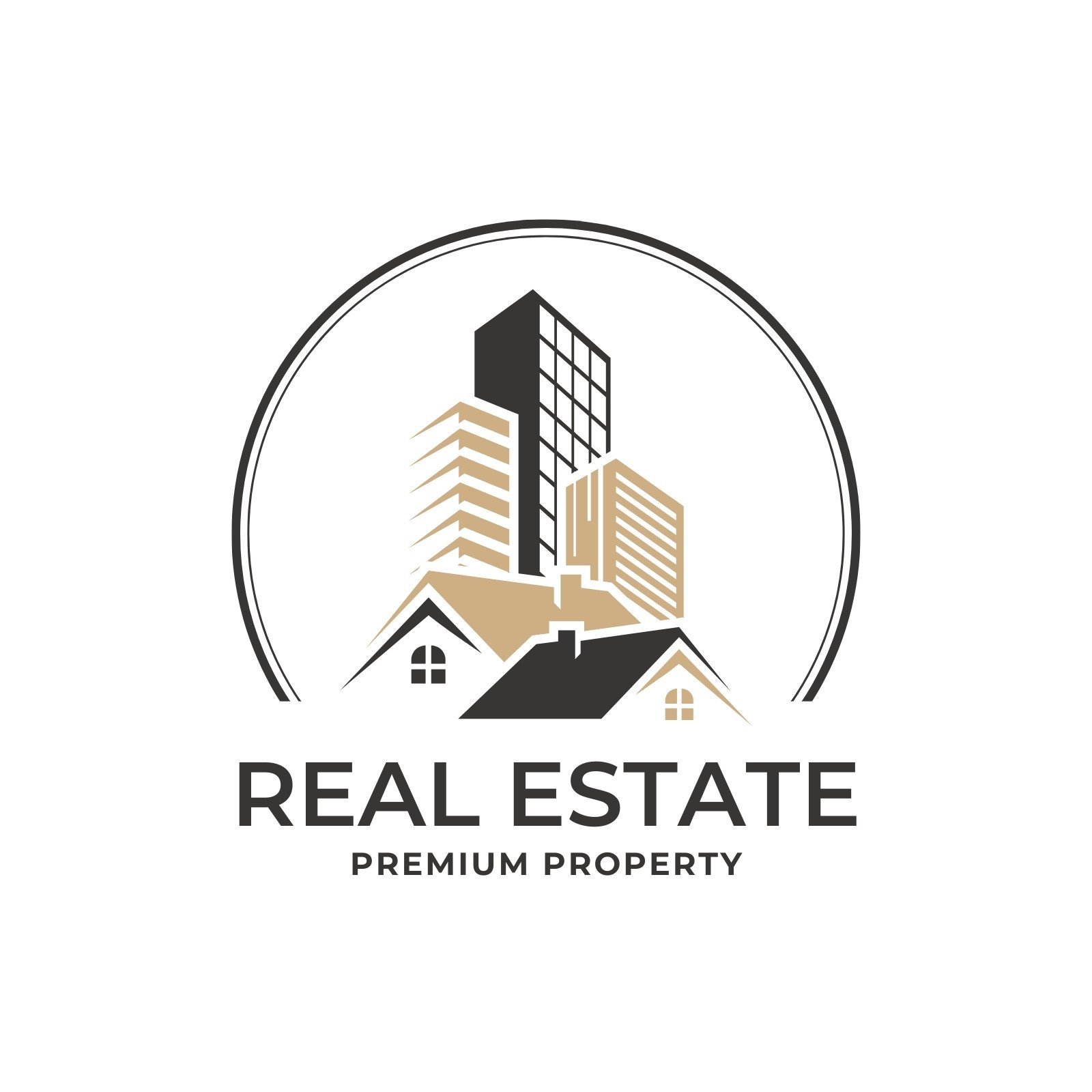helainebreedlo
helainebreedlo
The Difference in between Gross Leases Vs. Triple net Leases
When browsing for the best retail space, two of the most typical business leases you’ll discover are gross leases and triple net leases (or NNN “Net Net Net leases”). While both are popular-each type uses various benefits and disadvantages. When you remain in the marketplace for retail area, it’s handy to be knowledgeable about both options to choose the agreement that finest serves your specific criteria and financial investment. Now let’s check out the distinct pros and cons of a gross lease vs. a triple net lease, starting with necessary .
What is a Triple Net (NNN) Lease?
Under the regards to a triple net lease, occupants are accountable for paying base rent to the property owner together with three (the “triple” in Triple Net) key costs: residential or commercial property taxes, building insurance coverage, and typical area maintenance (CAM).
The lease gets its “triple” name from the 3 key costs listed above while “net” represents the costs passed through to the occupant beyond base lease. This can occur monthly, quarterly, or on a yearly basis based upon pro rata share of the space.
Typically based upon the residential or commercial property’s value, residential or commercial property taxes paid to the regional government cover the general public expense of servicing the building and surrounding neighborhood from facilities and fire protection to lose collection. Note that these taxes are different from any sales or import tax taxes tenants may pay due to their type of service.
Common Area Maintenance (CAM)
CAM refers to charges associated with the upkeep, repair, and restoration of shared locations of the building like parking lots, lobbies, toilets, hallways, and elevators.
Building Insurance
Building insurance secures against the cost of restoring (or repairing) residential or commercial property after unpredictable events develop such as fires, flooding, or storm damage. Plus, it can include liability insurance coverage that covers against on-premise injury claims.
Since all three of these expenses are paid directly by the renter, the occupant has more control over how their money is invested along with the requirement of service.
A business listing with a triple net lease will generally price estimate the base lease. For instance, an industrial residential or commercial property may be noted as “$55 per foot, triple web” or “$55/sq ft/year, NNN.” If unavailable, you may need to request how much these pass-through expenses cost from the representative or proprietor. Typically, these are provided per square foot so it’s easy to contribute to the base lease.
A gross lease contract needs the tenant to pay the residential or commercial property owner a flat rental charge in exchange for the unique usage of the residential or commercial property. This charge includes all expenses connected with residential or commercial property ownership from taxes and utilities to insurance. Gross leases prevail in the industrial residential or commercial property rental market (believe office suites or existing standalone buildings) and might be customized to fulfill the needs of renters.
Consider gross leases the simplified equivalent to triple net leases. While the key costs don’t disappear, rent is quoted as an all-in rate, which indicates the tenant pays one lump amount of rent while the proprietor handles the residential or commercial property taxes, typical location maintenance, and building insurance.
A full-service gross lease includes any and all residential or commercial property expenditures (consisting of the triple webs and energies) which safeguards the renter from variable costs like water and electricity and water. This makes it much easier to forecast expenses without having to take unexpected bills into account.
A customized gross lease consists of just the base lease and the NNN expenditures, however passes the expense of energies and any other costs through to the occupant.
You’ll normally find a gross lease priced quote as a single quantity per square foot. It’ll also be clear whether the lease is customized or full-service by how it appears. For example-a gross lease could look like “$60/sq ft/year, customized gross.”
Gross Lease vs. Triple Net
The primary distinction in between a gross lease and triple net lease? The property manager is accountable for paying operating costs with a gross lease-while business expenses are the renter’s responsibility with a triple net lease. Beyond this distinction, there are a variety of reasons a landlord or tenant might choose one lease structure over the other.
– Rent Costs
From a landlord’s point of view, triple net leases are structured to act as an outstanding source of passive rental earnings since they’re more hands-off than a gross lease. On the other hand, the real lease paid to landlords is usually greater with a gross lease because it combines all major expenditures of a building into one complete quote.

On the occupant side, a gross lease is useful due to the fact that the cost of lease is fixed and all-encompassing, so there aren’t additional costs related to renting the building. No “base rent and extra rent” element to consider. This provides property owners a single rate offer that’s easier for tenants to comprehend. There’s also a time-saving element because the renter doesn’t require to deal with any administrative tasks connected with residential or commercial property financial resources.
Landlord and Tenant Responsibilities
Triple net leases secure both the proprietor and tenant. Landlords are protected if the costs associated with running the residential or commercial property increase due to the fact that those expenses are passed straight on to the renters that gain from making use of the website. Beyond less duty for landlords, they can also expect longer-term tenancy. For the occupant, triple net leases provide an ability to audit the Common Area Maintenance (CAM) and ensure they’re kept properly and within budget plan. Beyond audit power, they can employ specialists of their option for optimal cost savings as well.
Gross leases also have benefits and downsides around duty. In a gross lease, the property manager pays for all expenses connected with running the residential or commercial property while the renter pays a higher base rent to cover this. A customized gross lease passes some costs through to the tenant-typically metered utilities like electricity and water. This simplifies the occupant’s budget plan, given that they don’t have to think about increasing operating expense, however at the very same time it removes their capability to keep operating expenses down.
Unexpected Expenses
Depending upon the terms of a triple net lease, a job uptick might mean an increase in the shared costs an occupant is anticipated to cover. Any boost in the expense of running a building is eventually recovered in any type of business realty lease-but a triple net lease secures property managers from short-term variations in typical location upkeep charges and residential or commercial property taxes. Gross rents empower occupants to budget plan expenditures, which is especially helpful for those with restricted resources or businesses seeking to take full advantage of earnings by decreasing variable expenses.
Lease Length

Triple net leases typically tend to be long-lasting due to the fact that tenants won’t want to incur the costs connected with a residential or commercial property’s maintenance unless they plan to be in the area for a significant time period. That’s why triple net leases are more common for longer-term leases covering a minimum of five to 10 years. Stability and predictability serve both the property owner and occupant.
On the other hand, gross lease term lengths are frequently three to 5 years (if not shorter!) since the property owner brings more of the threat. Depending on the business retail market, it’s not unusual to use a 12 or 18 month gross lease.
Building Maintenance
If you’re a proprietor, be sure to consider upkeep costs. Common location maintenance (CAM) charges are the property manager’s obligation under a gross lease agreement. So, if these costs all of a sudden rise due to the requirement for constructing maintenance, repairs, or rising energy prices-it’s the property manager who pays. The benefit? Landlords are empowered to better control those expenses by managing structure maintenance on their own terms.

On the occupant side, consider the reality that costs pass through from the proprietor to you in a triple net lease, which indicates any renovation costs are efficiently paid by renters up-front rather than paid back through partially increased rent over the period of the lease. In other words? Higher remodelling costs for occupants.
Gross Lease Pros and Cons for Landlords
Including operating expenses in the rental fee amounts to more income.
When the expense of living increases every year, landlords can hand down any inflammatory expenses to their renters.
Landlords must take duty for any additional expenses connected with residential or commercial property ownership-and that consists of the unanticipated kind, like upkeep issues or increasing energy bills.
Residential or commercial property owners are in charge of time-consuming administrative responsibilities such as bill payment and more.
Gross Lease Pros and Cons for Tenants
The repaired cost of rent indicates there aren’t any additional costs related to renting the structure.
Tenants conserve time since they do not have to handle any administrative obligations related to residential or commercial property financial resources.
Rent is usually greater, despite the fact that there are not any additional expenses to pay.
Residential or commercial property maintenance may not be appropriately kept updated depending upon the type of landlord and their priorities.
Triple Net Lease Advantages And Disadvantages for Landlords
Landlords can count on a triple net lease as a consistent earnings stream.
Landlords can anticipate less hands-on management due to the fact that any residential or commercial property management costs (residential or commercial property taxes, common area maintenance, and building insurance coverage) are on the tenant. Broad view, that implies triple net leases offer landlords more time and energy to concentrate on their primary business.

Identifying dependable renters all set to sign a triple net lease may prove to be difficult. Tenant credit risk can be a concern for landlords considering that the renter’s financial health straight impacts their capability to look after operating costs.
Vacancy is also an aspect. Downtime in-between tenants means no rental income being available in.

Triple Net Lease Benefits And Drawbacks for Tenants
Tenants in a triple net lease are able to handle residential or commercial property appearance and maintenance.
Tenants have direct control over energy costs like water and electrical energy together with their preferred insurance provider.
Unexpected expenses like tax liability or structure maintenance can and do arise.
Tenants assume risks around maintenance expenses, residential or commercial property tax threats, and any insurance cost boosts.
Tenants will need to hang out and energy on residential or commercial property management from choosing insurance and dealing with tax issues to comparing and hiring upkeep contractors.
If proprietors overstate running costs when figuring out the rental cost, tenants may end up paying too much for choose costs.
Ultimately, you’ll discover advantages and disadvantages to both gross and triple net leases. Full-service and modified gross leases use benefits for both parties with the opportunity to strike a healthy balance-while triple net leases typically favor property managers due to the fact that the danger is moved to the tenants. Understanding the distinctions in between each lease structure lets you select the choice lined up with the benefits you seek and responsibilities you’re prepared to handle. It’s all about what’s finest for you and your company.
___________________________
Who We Are
A one-stop store servicing commercial property property managers and retail tenants, our group supplies all-inclusive services for NYC neighborhood retail.
Around here, our forward-thinking method leverages emerging technologies, content-based marketing, and a deep understanding of the market to better match property owners and tenants. Together we enhance the leasing process so individuals like you can much better concentrate on their company.


